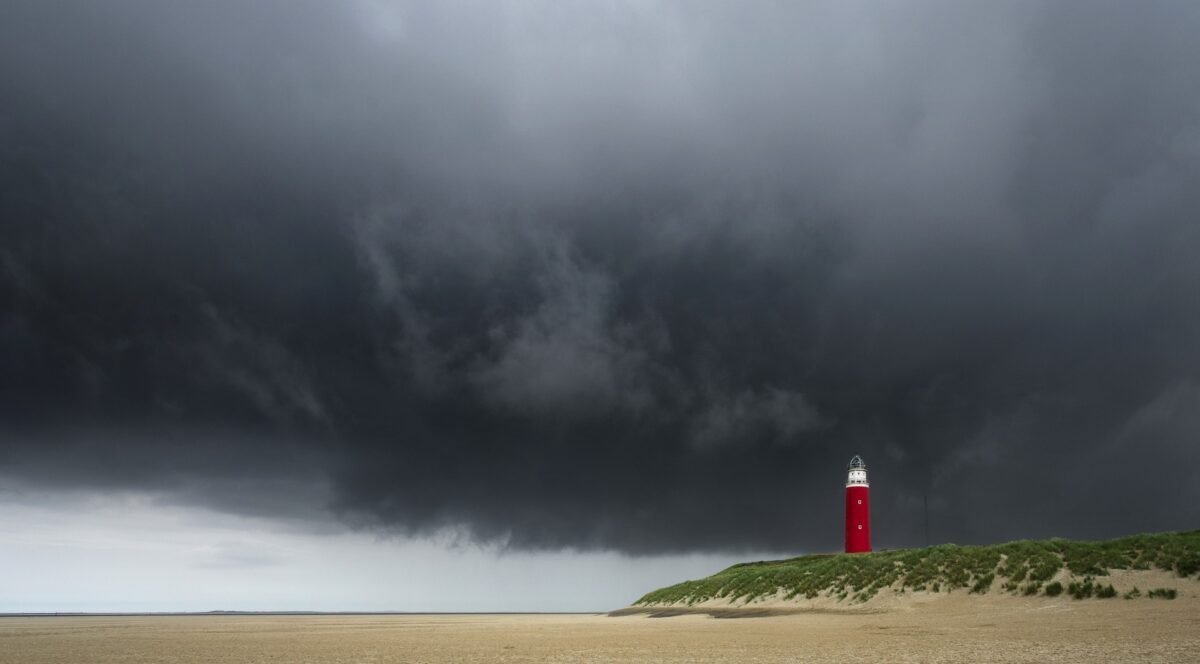At the time of his death, Camus had been at work on a novel which mortality forbad him to complete. What he managed to put on the page was published, as he left it, thirty-five years after his end. The novel is entitled The First Man. It tells the story of a young boy named Jacques Cormery as he grows up and verges upon manhood. Near the middle of the manuscript Jacques is nine years of age and attending primary school in Algiers. He is under the good care of a wise and kind teacher whose name is M. Bernard; a rare man, pure and good and in full possession of a vast understanding and sensibility. M. Bernard recognizes intellectual potential in Jacques even as he is sensitive to obstacles the boy is certain to face in life. The good teacher’s broad awareness of the world and of the mind of a boy in the development of his own intelligence is supremely natural. Camus gives no insight for M. Bernard’s tenderness, nor the source of its humanity. The teacher’s decency is so profound and understated as to paint a broad picture of a man just as he is. He stands as a sentinel for Jacques and as a guide offering safe passage through the melee of the hard, cold years directly ahead of the boy. M. Bernard encourages Jacques to prepare for the baccalaureate examinations and be accepted into secondary school at the Lycee but that the undertaking will not be easy. He suggests Jacques go home and speak with his mother about it. The boy jumps at the suggestion and rushes home to relay the news. The boy’s grandmother is picking lentils. Jacques divulges, in a torrent of excitement, this incredible opportunity. His grandmother listens and then reminds the boy that he is indeed an intelligent lad, but that he has no money and therefore cannot do this. From the height of a dream he returns steeply into the palpable bitterness of life as it must be. He leaves the room dejected and the following day returns to the school whereupon M. Bernard asks him what was said. Jacques replies he cannot proceed. Well, why not?, asks the teacher. Jacques responds, my Grandmother says we’re too poor and I have to go to work next year. Camus gives no description of facial expressions, but I noted compassion on the face of M. Bernard as he looks upon the discouraged little boy before him. He asks softly, …and your Mother? Jacques dead pans, it’s my Grandmother who decides. M. Bernard without missing a beat looks at the boy and says, I know. He then says to Jacques, listen, you can’t blame her, life is hard for her. She’s bound to be afraid. The teacher, seeing what is at stake, walks with Jacques back to his home so that he might speak privately with his grandmother, where he expands her frame of perspective. Quietly, she assents and grants the teacher her blessing to proceed. As M. Bernard departs the house, he pulls Jacques aside and says, your Grandmother and Mother are good women, don’t ever forget them.
A pathway out of impoverished ignorance is offered and taken. In due course, Jacques passes the examination. Prior to matriculation into the lycee, M. Bernard comes to the house to say farewell. The scene is poignant. He tells the boy, you don’t need me anymore. You’ll have teachers who will know more, but you know where I am. As he leaves he turns and waives at the boy one last time. Jacques experiences an immense anguish around his heart. He has been rescued from a bitterness his years are far too few to fully comprehend.
****
Refinement comes in the form of fierce kindnesses we neither expect nor much deserve.
Under the stars above and from the depths below we persist along an uncharted line. So difficult it is to see in the dark, but out of abject anonymity we persist in the hope of light from some fortunate shore. It’s as if the light of that land, lit by someone who had made the same crossing long (or even recently) before we arrived there, rhetorically beckons: Did you not know I was waiting for you?
Only we can answer that question, but first and just for a little while we’ll take a rest on that shore before we set out again to discover who we really are.
RCS
19 June, 2021

